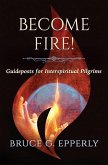Michael N. Marcus has lived his adult life as a non-believing Jew. Now, at the age of 73, like many people of his age, he contemplates the future. This book is an exploration of various religions, and beginnings and ends of life.Marcus says, "At my age it's common to think about THE END (which may occur at any moment). Some evil people suddenly become nice people, hoping to spend eternity in heaven instead of the warmer alternative. Others, like me, who have not been particularly evil, start thinking about what lies ahead." Jewish theology doesn't deal much with the afterlife. "Christians constantly think and talk about it," Marcus says. "I've thought about it a lot lately. If I go to heaven, will I be reunited with my wonderful dog who died a few years ago? Will I spend eternity as a pained, crippled old man―or as a vibrant, horny 20-year old, laughing, eating fine foods, listening to my favorite music, hanging out with great people, and getting laid a lot?"Marcus has a long list of physical ailments, and a long list of "ologists" who attempt to limit the damage and extend his life. He previously assumed he'd die at the age of 89, in 2035. But now he doubts that he'll last that long. "Lots of my body parts," he says, "don't work as well as they once did, or as often; and many previously insignificant functions are difficult and painful. It's tough to type accurately, or to use a screwdriver. I do a lot of shrieking and screaming when I urinate, I have diabetes, and my heart does not supply enough blood to my lungs. I have perpetual pain from arthritis, plus atrial fibrillation and sleep apnea. A fall in my kitchen caused a concussion and a fractured clavicle. My knees and hips are weak, and will probably need to be replaced with artificial joints if I live long enough. I sometimes think it would be nice to be in a nursing home where I would have zero obligations―or merely to not exist at all."He says, "Some limitations can be funny (if I suppress my pride). In 2019 I once had to call a neighbor to help lift me off the toilet! I've also needed neighbors and firemen to lift me off the floor after slips."Being pathetic has advantages, however. Marcus says, "my handicapped parking tag usually gets me excellent parking spaces, and when I walk with my cane, lots of people hold doors open for me. I used to hold doors open for others. I wish I could be as polite as I once was."Marcus's concept of God was based on inadequate information plus childhood images of an old guy with a long beard up on a cloud. Marcus says, "I outgrew religion when I was 12 years old and could not get a good explanation for why the mighty Supreme Being who smote the enemies of the ancient Jewish people did not stop Atilla the Hun, the Great Plague, the Spanish Inquisition, the Holocaust and the KKK. I wondered if the allegedly omniscient, omnipresent, omnipotent King of the Universe was absent, distracted, no longer cared, or never actually existed. I could accept the notion of a creative force (which I label The Prime Catalyst) but I could not make a transition from a Big Bang to a Supreme Being that should be feared and prayed to. I recognize that I don't know everything, but the possibility of there being a super-entity is so remote that I am willing to live my life as if it does not exist."Marcus's late understanding of baseball when he was about 55 made him appreciate the sport, but it came too late to make him a fan. Similarly, he had his first coffee on his 70th birthday. He liked it, but never became a fan. In researching this book Marcus hopes to arrive at an 'adult' understanding of God.Will a better understanding make him a believer, or maybe even a fan? Perhaps. The answer is in the book.
Hinweis: Dieser Artikel kann nur an eine deutsche Lieferadresse ausgeliefert werden.
Hinweis: Dieser Artikel kann nur an eine deutsche Lieferadresse ausgeliefert werden.

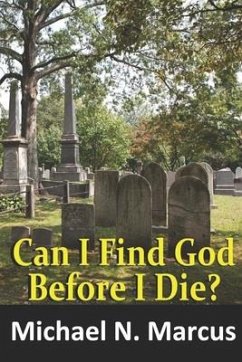
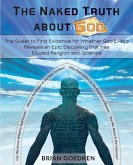

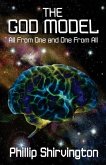
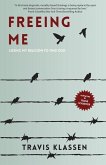
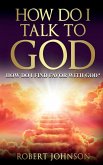
![The Way to God and How to Find It [microform] The Way to God and How to Find It [microform]](https://bilder.buecher.de/produkte/64/64363/64363749m.jpg)
